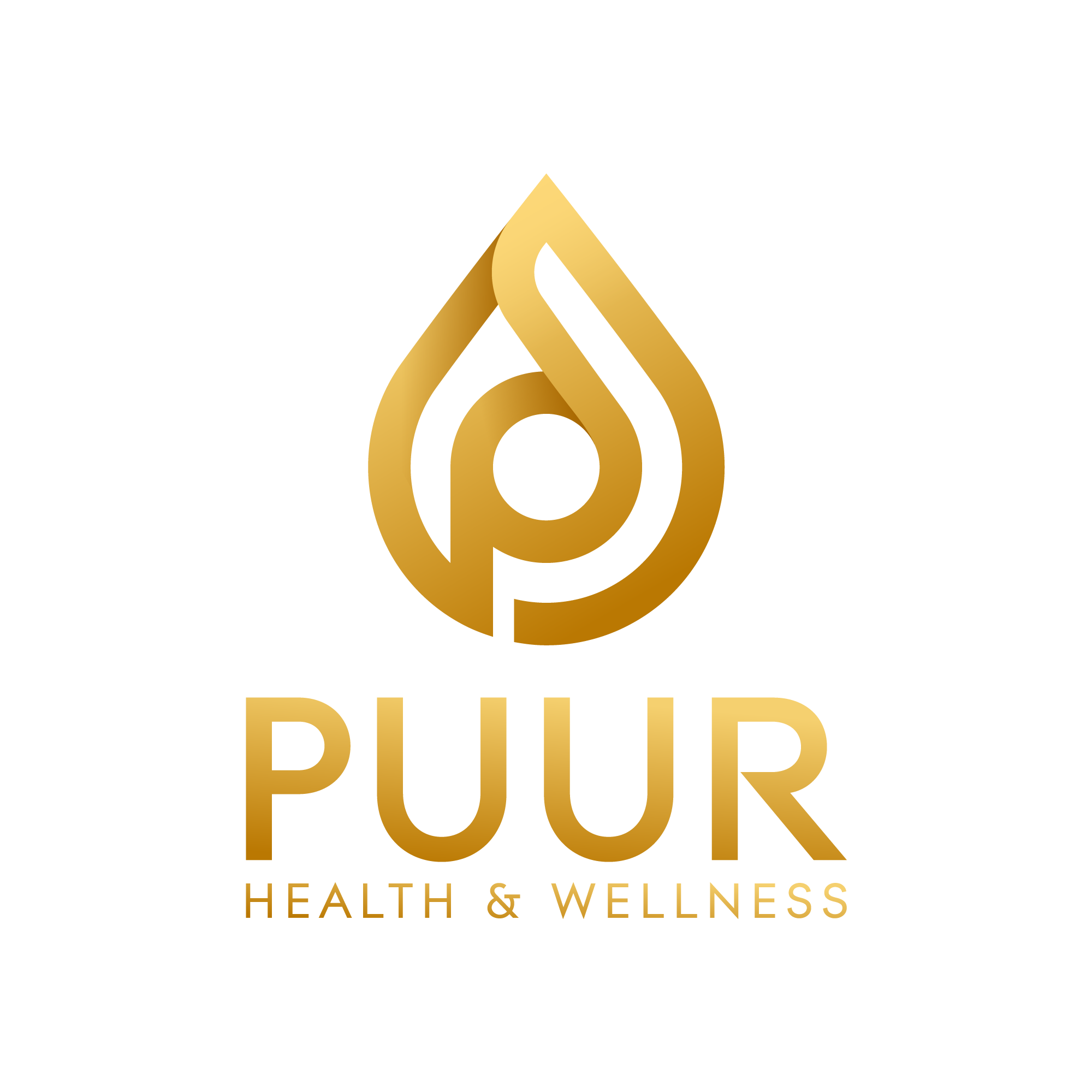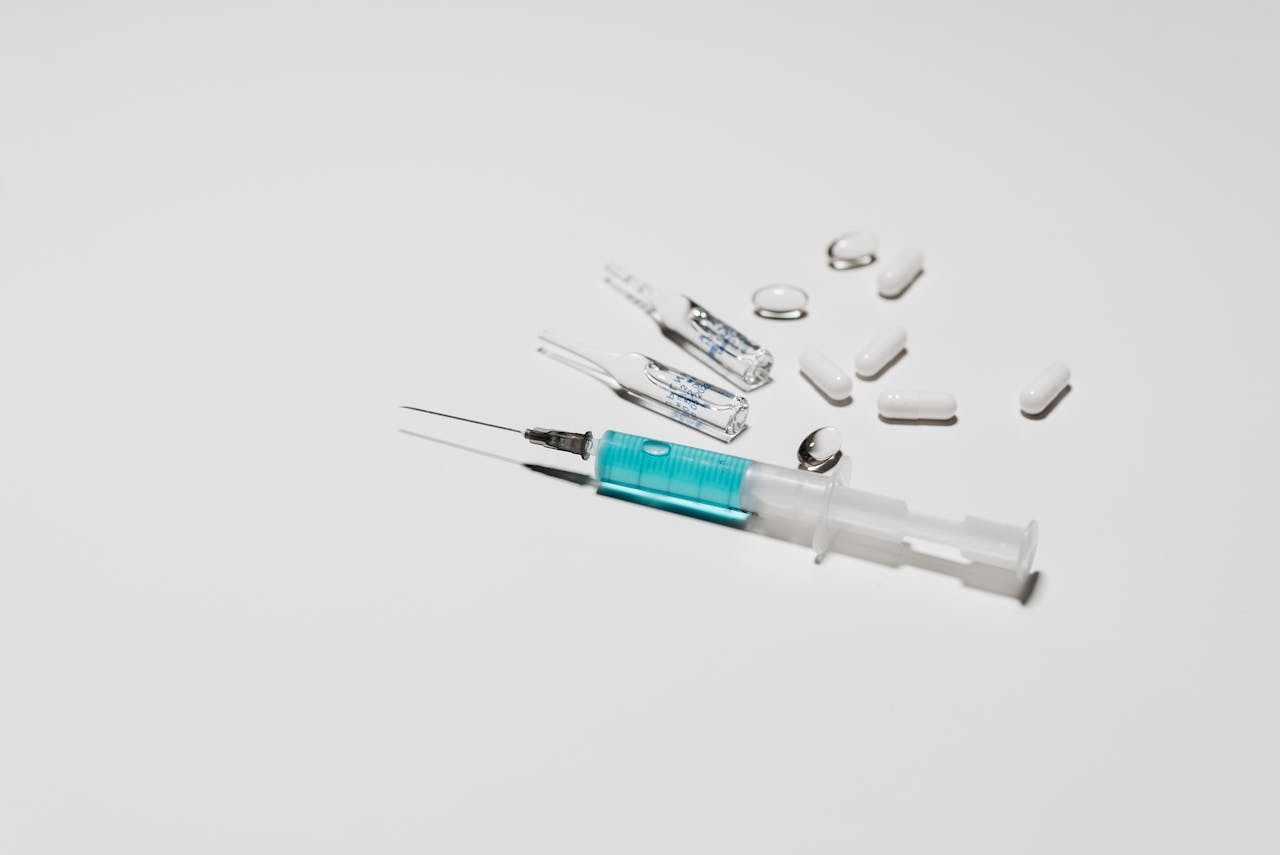Feeling a bit more sluggish than usual? Perhaps you’ve noticed a persistent brain fog, or maybe your energy levels just aren’t what they used to be. For many, these signs might lead them to wonder about their vitamin B12 levels. This essential nutrient plays a crucial role in everything from energy production to nerve health and the creation of red blood cells. When levels dip, the effects can be quite noticeable, even debilitating.
Naturally, when a B12 deficiency is suspected or diagnosed, the next question often arises: what’s the best way to get it back on track? You’ll hear about tablets you can take at home, but then there’s the option of injections, often heralded as a more potent solution. This leads to a very common query: Can I take B12 tablets as well as injections? It’s a nuanced question, and understanding the ins and outs of how our bodies absorb this vital vitamin is key to finding the right answer for you. Let’s delve into the world of B12 supplementation and unravel the truth behind these two common methods.
A Quick Refresher: Why B12 Matters (and Why We Get Deficient)
Before we directly answer Can I take B12 tablets as well as injections?, let’s quickly remind ourselves why this particular vitamin is so important. Vitamin B12, or cobalamin, is indispensable for our overall health. It’s vital for turning the food we eat into usable energy, keeping our nervous system functioning smoothly, and producing healthy red blood cells that carry oxygen around the body. Without enough B12, you might experience persistent fatigue, muscle weakness, numbness or tingling, and even issues with memory or concentration.
The primary reasons people become deficient usually fall into two categories:
Dietary Factors: Since B12 is mainly found in animal products (meat, fish, dairy, eggs), vegans and strict vegetarians are particularly susceptible if they don’t consume fortified foods or specific supplements.
Malabsorption Issues: This is often the more complex reason. Conditions like pernicious anaemia (an autoimmune disorder where your body can’t absorb B12 from food), certain stomach conditions, medications that reduce stomach acid, or even gastrointestinal surgeries (like weight loss surgery) can prevent your body from properly taking in B12, even if you’re getting enough in your diet.
The Injections: Why They’re Often the First Line

When a significant B12 deficiency is diagnosed, especially if it’s due to a malabsorption issue, your GP or specialist will almost certainly recommend injections. This is because injections bypass the entire digestive system. The vitamin is delivered directly into your muscle, from where it quickly enters your bloodstream and becomes fully available to your cells. For someone with pernicious anaemia, for instance, injections are a lifelong necessity because their body simply cannot absorb B12 orally. This direct route ensures rapid and complete delivery, making them incredibly effective for quickly raising dangerously low B12 levels and managing severe symptoms.
The Tablets: Their Role in B12 Management
On the other hand, B12 tablets are a convenient and non-invasive option. For individuals with mild dietary deficiencies, or those who don’t have severe absorption problems, high-dose oral supplements can be very effective. While oral absorption is limited for B12, taking very high doses (e.g., 1000mcg or 2000mcg) can allow for a small amount of passive absorption that doesn’t rely on intrinsic factor. This can sometimes be enough to correct or maintain B12 levels over time, making tablets a good choice for ongoing maintenance once levels are stabilised.
So, Can I Take B12 Tablets as Well as Injections? Addressing the Core Question
This is where things get interesting, and the short answer is: yes, you can take B12 tablets as well as injections, but crucially, this should always be under the guidance of a healthcare professional.
There are specific scenarios where combining these two forms of B12 might be considered, as part of a tailored treatment plan:
Reducing Injection Frequency: For some individuals who require lifelong B12 due to malabsorption but dislike frequent injections, a doctor might explore if high-dose oral supplements can help maintain adequate levels between less frequent injections. This would be a carefully monitored trial to ensure effectiveness.
Optimising Levels: In cases where B12 levels, despite injections, aren’t quite reaching the optimal range, a GP might suggest adding a daily oral supplement to ‘top up’ levels, especially if there’s some residual capacity for passive absorption.
Personal Preference for Maintenance: Once acute deficiency symptoms are managed, some patients may prefer to switch to oral supplements for ongoing maintenance, again, strictly under medical supervision to ensure their levels remain stable.
It’s important to remember that B12 is a water-soluble vitamin. This means that if you take more than your body needs, the excess is generally excreted in your urine, which is why B12 is considered very safe, even at high doses. This characteristic makes the risk of toxicity from combining injections and tablets very low, but it doesn’t mean it’s automatically necessary or beneficial.
Potential Benefits of a Combined Approach (Under Medical Guidance)
When managed by a healthcare professional, a combined approach of B12 injections and tablets might offer several advantages for specific individuals:

Potentially Less Frequent Injections: For those who find injections inconvenient or uncomfortable, a combined regimen could mean fewer trips to the clinic for jabs, improving quality of life.
More Stable B12 Levels: For some, a consistent daily oral dose might help smooth out any peaks and troughs in B12 levels that could occur between injections, leading to more consistent energy and symptom control.
Optimised Absorption: Even with malabsorption, there’s a small amount of B12 that can be absorbed passively at very high oral doses. Combining this with injections ensures all potential absorption pathways are utilised for optimal levels.
Important Considerations Before Combining
While the answer to Can I take B12 tablets as well as injections can be “yes” for some, it’s never a decision to make on your own. This is where professional guidance becomes absolutely critical.
Always Consult Your GP/Healthcare Professional: This cannot be stressed enough. Your doctor needs to understand the exact cause of your B12 deficiency. A tablet cannot replace an injection if your body physically cannot absorb B12 from your gut (e.g., in pernicious anaemia). Combining treatments should only be done as part of a medically supervised plan.
Monitoring is Key: Regular blood tests are essential to ensure your B12 levels are consistently in the healthy range – not too low, and not excessively high without reason. Your doctor will tailor dosages based on these results.
No “More Is Always Better” Mentality: While B12 is generally safe, taking excessive amounts when not needed simply means your body will excrete the excess, making it a waste of money and potentially masking underlying issues if you’re self-treating.
Underlying Cause Still Matters: Remember, tablets will not resolve the root cause of malabsorption. The primary treatment for conditions like pernicious anaemia will always remain injections.
From the vibrant energy of Montrose to the quiet family neighbourhoods of The Woodlands (even though that’s a bit north of central Houston, it’s a common reference point for residents), many are looking for optimal health, but it’s important to seek advice tailored to you. If you’re in the Houston area and seeking nuanced advice on your B12 regimen, exploring Puurhw could be a helpful step towards personalised wellness guidance from experienced professionals.
Conclusion
So, Can I take B12 tablets as well as injections? Yes, for some individuals, a combined approach of B12 injections and tablets, or transitioning from injections to high-dose oral supplements for maintenance, is a viable and effective strategy. However, this decision is highly individual and depends entirely on the specific cause and severity of your B12 deficiency, as well as your body’s unique absorption capabilities. It is never a one-size-fits-all answer. Always consult your GP or a qualified healthcare professional who can properly diagnose your condition, monitor your levels, and advise on the most appropriate and safe treatment plan for you. Your health is a bespoke journey, and the right B12 regimen should be too.


